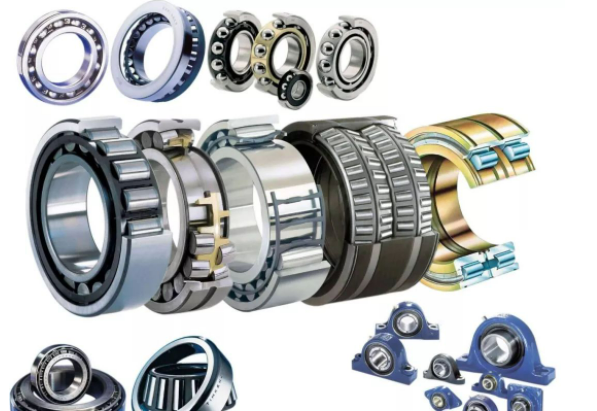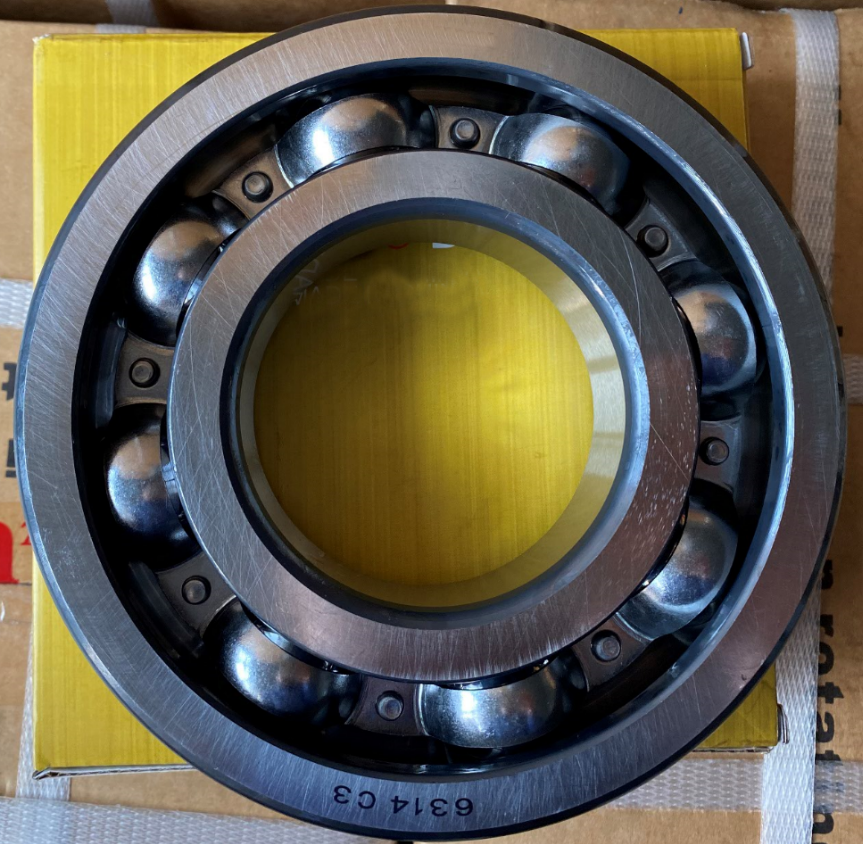Ensuring proper lubrication and maintenance of bearings is very important to prevent motor damage and subsequent electrical failure. Here are some key points to consider:
1. Regular bearing testing: Implement a regular testing and inspection program to identify potential bearing problems. This includes monitoring vibration, temperature, and visual inspection for signs of wear or damage.
2. Lubrication: Sufficient lubrication is essential to prevent bearing dry grinding and metal fatigue. Follow the manufacturer’s guidelines for the correct type and amount of oil or grease. Check regularly and re-lubricate as needed.
3. Lubrication period and lubrication amount: determine the best lubrication period according to the operating conditions and load conditions of the motor. Be careful with the amount of lubricant used, as over-lubrication can cause overheating and seal damage.
4. Proper storage and handling: Ensure bearings are stored in clean and dry conditions to avoid contamination. Follow proper handling techniques to prevent damage during installation.
5. Training and Awareness: Educate maintenance personnel on the importance of bearing testing and lubrication. Train them in proper bearing monitoring and maintenance techniques to minimize breakdowns. Most bearing-related failures can be prevented by implementing a comprehensive testing and lubrication program that improves motor performance and reduces electrical failures.
Post time: Jun-29-2023


